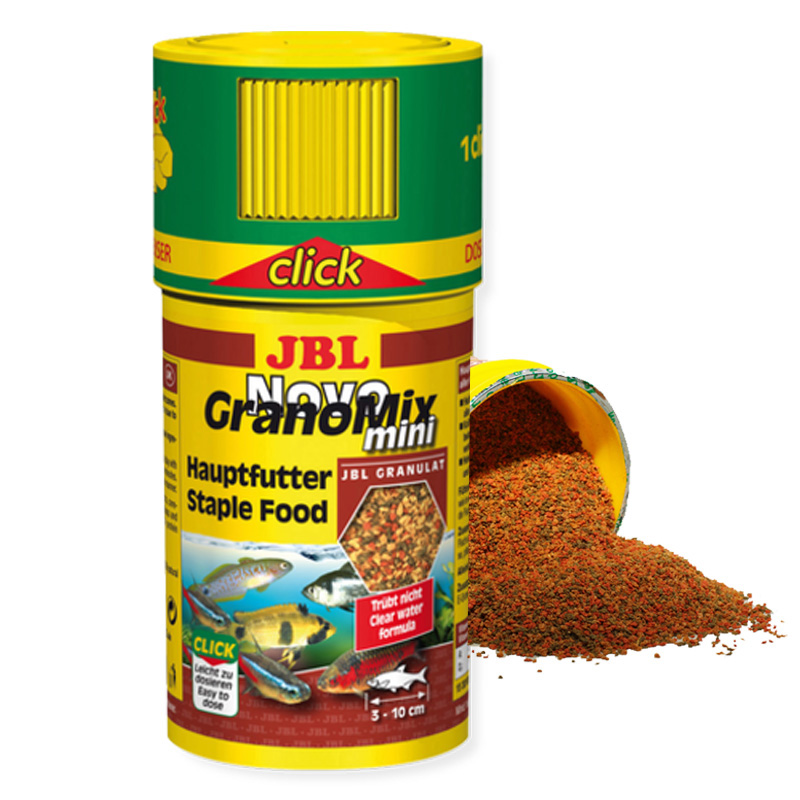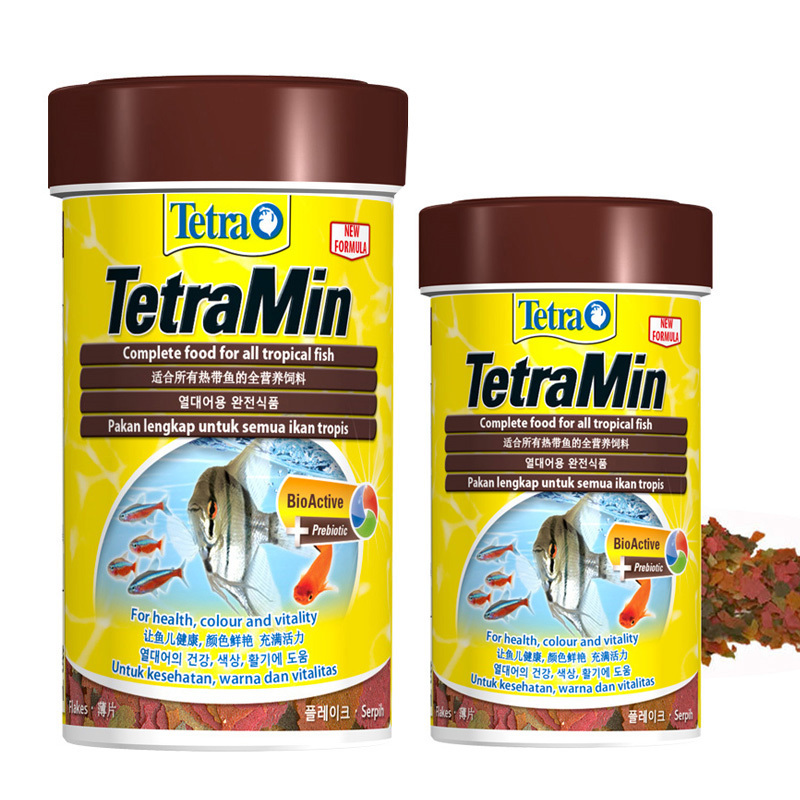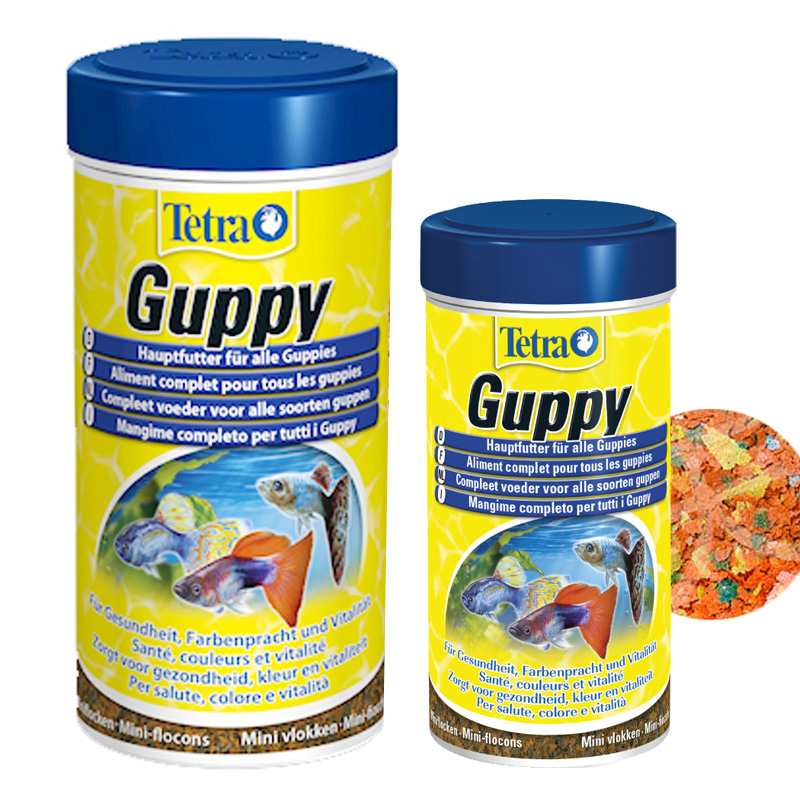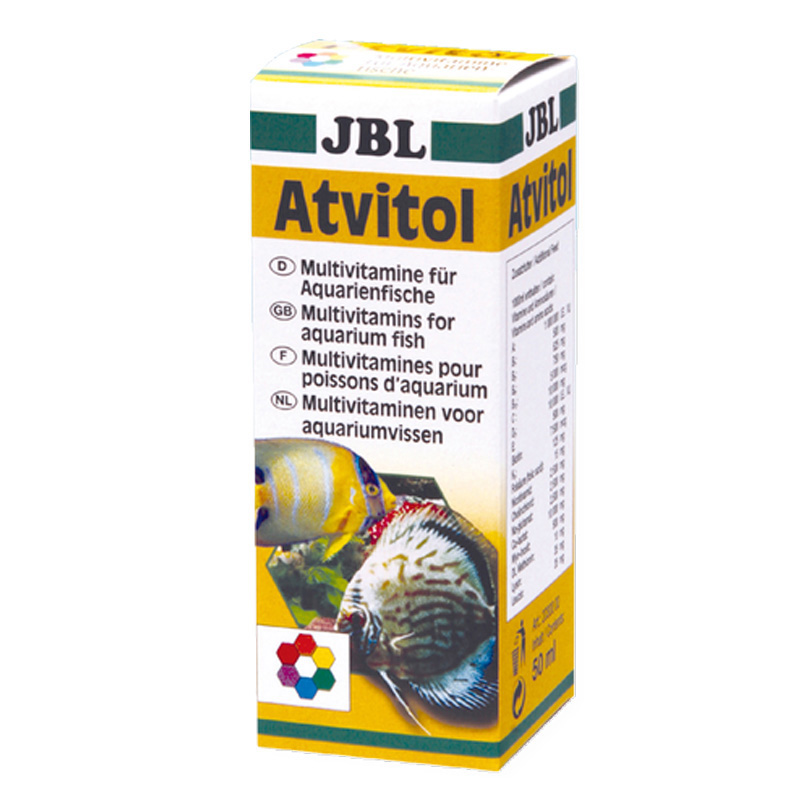Beginner Care Guide of Tetra Fish
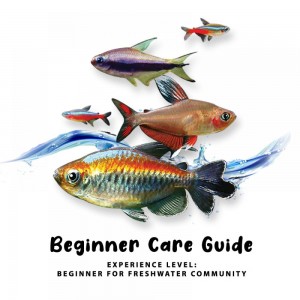
Common Name: Tetra
Scientific Name: Varies with breeds
Average Size: 1 - 4 inches, some species may grow bigger
Life Span: 5 - 8 years with proper care
pH: 6.0 - 7.5
Temperature: 24°C - 28°C
Water Hardness: 2 - 12dH
TRAITS & BEHAVIOR
Diet:
Tetras are omnivores. They eat plants, aquatic crustaceans, worms and aquatic insect larvae.
Swimming Behavior:
Tetras like to swim at the middle and bottom region of an aquarium.
Communal:
They like to swim in a group of six or more of the same species.
Non-Aggressive:
Most of Tetras are peaceful fish which fish of the same deposition.
ENVIRONMENT
Aquarium Placement:
Keep away the aquarium from direct sunlight and electronic goods.
Aquarium Size:
A minimum of 50 liters of aquarium tank is recommended.
Decoration:
Decorate their tank with plenty of plants and rock or driftwoods to create hiding place for them but also provide enough open space for them to swim. May add floating plants to the aquarium as Tetras diffused light.
Lighting:
6 - 8 hours of lighting is recommended. Avoid extended exposure of lighting to prevent the growth of algae.
Water Temperature:
Maintain the water temperature between 24°C - 28°C. Water temperature can be measure by using ISTA Thermometer.
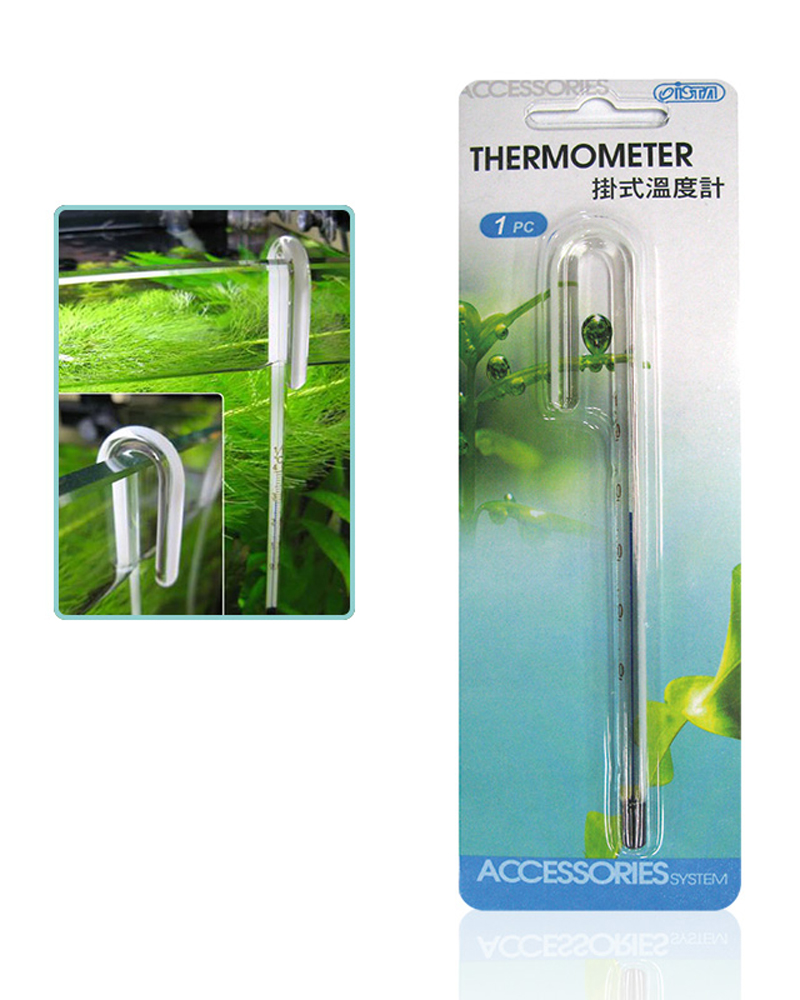
Water Change:
Advised weekly change 10% of your aquarium water, at least 30% of aquarium water monthly by using cleaning tools.
General Compatibility:
Barbs, Cory catfish, Danios, Minnow, Discus, Gourami, Guppy, Loach, Molly, Plecostomus, Rasbora and Tetras
NUTRITION
Staple diet:
JBL Novo Granomix are designed for all types of small fish and is suitable to Tetras need. Tetra Min Flakes, Tetra Guppy with advance nutrient for all tropical fish are ideal for tetras as well.
Supplement:
Vitamin like JBL Atvitol can be given by adding to their food.
Feeding:
Feed small amount 1 - 2 times daily with no more than they can consume in 2 - 3 minutes. Take off the excess fish food with Nirox Fish Net.
HEALTH
Sign if healthy:
- Clear eyes
- Smooth and clean in appearance
- Healthy appetite
- Calm and steady gill movement
- Bright and even body coloration
Sign of Illness:
- Loss of body coloration or appetite
- Lying on the bottom of aquarium
- Poor growth or weight loss
- Fins clamped to sides
- Scraping body on rock
IMPORTANCE
- Avoid fish tank from being overcrowded as it may cause stress to fish and higher chance for them to get sick.
- Regular water change and an appropriate filtration is needed to maintain a good water quality.
- Check water quality by using JBL Test Kit at least once a week.
- Wash hand with soap after each time handling your aquarium.

